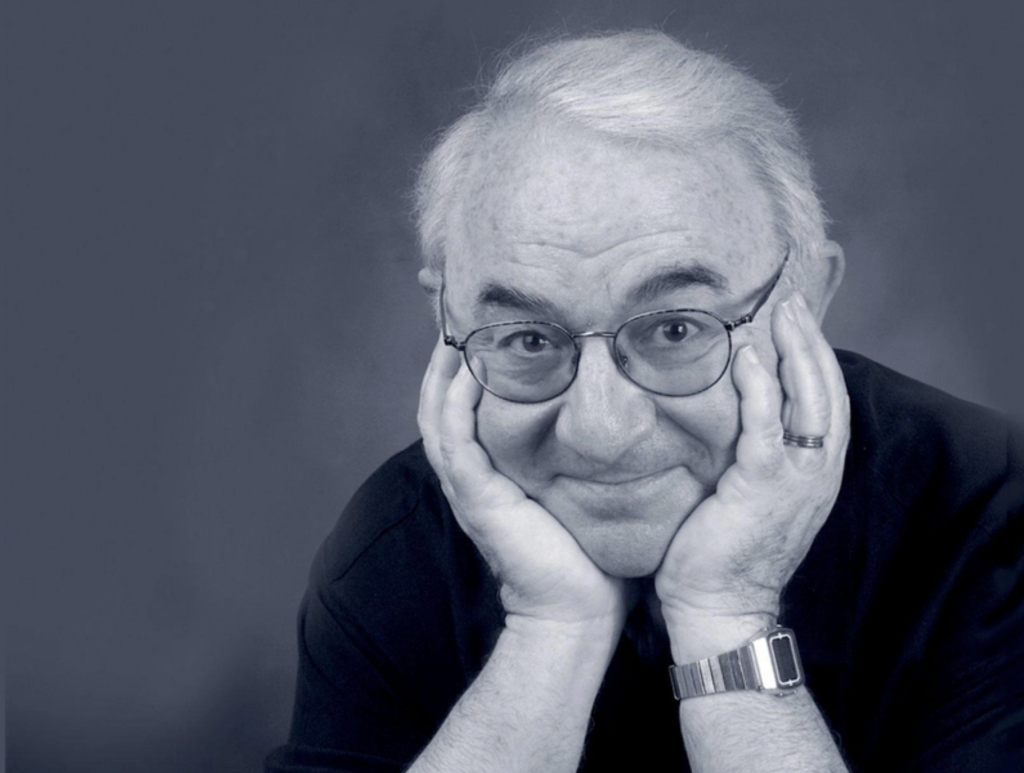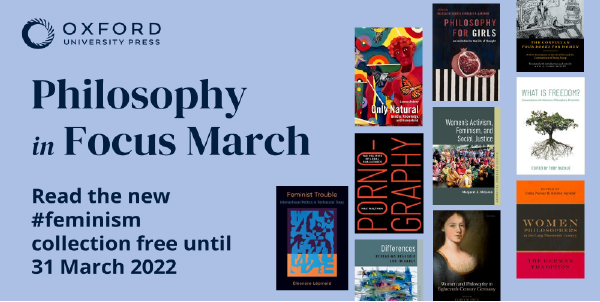Kaplan Wins 2022 Rolf Schock Prize in Logic and Philosophy
David Kaplan, the Hans Reichenbach Professor of Scientific Philosophy at the University of California, Los Angeles, has been named the winner of the 2022 Rolf Schock Prize in Logic and Philosophy.

Professor Kaplan was recognized “for his contributions to the understanding of the role played by the extra-linguistic context for the semantics of natural language, for the logic of natural language sentences, and for the nature of belief.” The prize announcement notes:
Kaplan has made ground-breaking contributions to the understanding of the semantics of indexical expressions and their role in natural language. They include pronouns such as “I” and “him”, demonstratives such as “that girl”, and temporal adverbs like “yesterday”. The meaning of such expressions partly depends on the context in which they are used. To describe their role, Kaplan extended a framework of modern logic that is called possible-worlds semantics.
Its standard versions have two semantic levels, but Kaplan showed that indexicals require a third, intermediate level. The contents of speakers´ thoughts belong at this level. He also showed that this level has its own logic, which he chose to call the Logic of Demonstratives, and he developed the model theory—the formal semantic theory—for this logic.
The prize is 500,000 Swedish Kroner (approximately $53,000).
Schock Prizes are awarded in four categories: Logic and Philosophy, Mathematics, Visual Arts, and Musical Arts. They were established by bequest of Rolf Schock, a philosopher and artist, and awarded by the Royal Swedish Academy of Sciences. The prize winners in the other categories this year were Jonathan S. Pila of Oxford University (Mathematics), Dutch architect Rem Koolhaas (Visual Arts), and Icelandic pianist Víkingur Ólafsson (Musical Arts). There is more information the prize winners here.
Previous winners of the Schock Prize in Logic and Philosophy include Dag Prawitz and Per Martin-Löf (2020), Saharon Shelah (2018), Ruth Millikan (2017), Derek Parfit (2014), Hilary Putnam (2011), Thomas Nagel (2008), Jaako Hintikka (2005), Solomon Feferman (2003), Saul Kripke (2001), John Rawls (1999), Dana Scott (1997), Michael Dummettt (1995), and Willard Van Orman Quine (1993).



Richly deserved, David Kaplan! I hope too that more female logician-philosophers win the Schock Prize in the future
Among other things, David Kaplan produced methods and results in the 1970s that bridged the formal tools of model-theoretic possible worlds semantics with natural language semantic programs in linguistics. It can be difficult to appreciate how epochal the late 1960s and early 1970s were for the foundations of contemporary philosophy and linguistics. But during this period, UCLA was the home of Rudolph Carnap, Alonzo Church, Keith Donnellan, Donald Kalish, Hans Kamp, David Kaplan, David Lewis, Richard Montague, and Barbara Partee. With Montague’s three defining essays in the late 1960s, shortly before his tragic death, and the subsequent uptake of Montague’s program by linguists such as Barbara Partee, and philosophers such as David Lewis and David Kaplan, model-theoretic possible-world semantics became something like a lingua franca across much of philosophy and linguistics.
Kaplan provided some of the most perspicuous and formally precise treatments of common features of natural-language semantics that, while on their surface are intuitive, prove to be rather difficult to formally regiment with the precision that mathematical logicians came to expect of formal systems. The ability to transfer that kind of precision to natural language contexts is, by itself, a substantial achievement that has had lasting effects across huge swaths of philosophy and related disciplines.
Kaplan deserves an unqualified congratulations for this award and recognition.